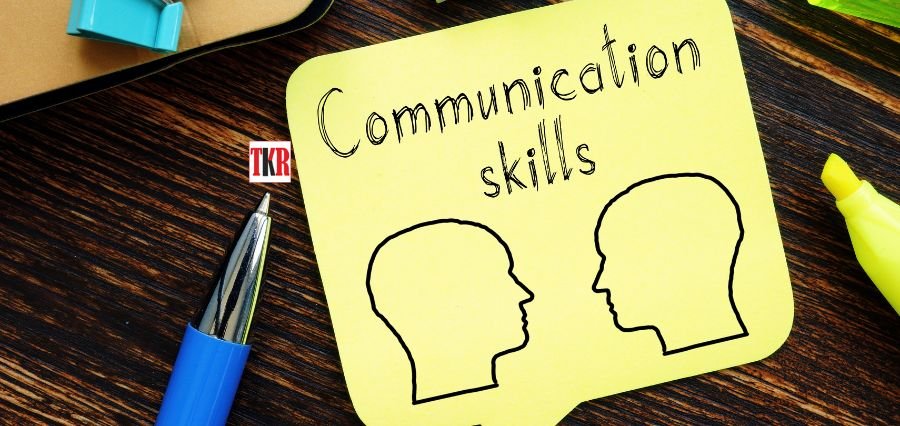Learning Communication Skills to Succeed
Communication skills are the success secrets to successful working and interpersonal relationships. From presenting yourself to networking with your colleagues, or simply speaking out your ideas, effective communication skills can be the secret to maximizing your success. With the world taken over by team collaboration and web communications in this modern, speedy era, learning the communication skills has never been more essential.
From active listening to body language, and from words to effective communication, communication skills are far more than the capacity for effective communication—really connect, communicate well, and fully understand. Developed, they provide confidence, disagreements resolve well, and relationships with others become richer.
Why Communication Skills Matter
Good communication and listening are essential in one’s professional career and personal career. Good workplace communication facilitates team building, delivers projects, and promotes productivity. It enhances human relations to an individual, raises the level of emotional intelligence, and creates a legacy.
Research has established the fact that companies desire people with good communication skills since they bring in more corporate image, customer relationships, and leadership. Finally, communication skills are not merely the secrets of success in the workplace but helpful in personal relationships and self-expression.
Key Elements of Successful Communication Skills
Knowing the key elements of communications is of utmost significance:
- Verbal Communication: Speaking clearly and briefly guarantees your message gets through.
- Non-Verbal Cues: Facial expressions, posture, and eye contact do not necessarily say what is meant.
- Active Listening: Two-way communication; active listening establishes rapport and trust.
- Understandings and Empathies: Putting oneself in others’ shoes allows one to pen messages to have an impact.
By concentrating on these areas, you can enhance the manner in which you communicate with others and avoid misunderstandings.
How to Improve Your Communication Skills
Developing communication skills is an ongoing process that must be rehearsed and mastered. Utilize these winning strategies:
1. Plan Ahead
Planning is the route. Before giving any presentation or attending any meeting, map your thoughts and prepare beforehand for likely questions. This alleviates fear and increases confidence.
2. Listen Carefully
Listen attentively without interrupting and it shows respect and comprehension. Answer carefully to exhibit concern.
3. Enhance Your Body Language
Positive body language—such as eye contact or a nod of the head—supports your verbal communication and produces trust.
4. Request Constructive Feedback
Request feedback from classmates, instructors, or friends to identify areas of improvement.
5. Build Emotional Intelligence
Emotional intelligence is an important component of communication. Being empathetic to your own and others’ emotions assists in navigating conversations tactfully.
The Role of Communication Skills in Professional Growth
It’s in business where effective communication stands between leaders and others. In doing business, in negotiating conflicts, or even in motivating teams, individuals with a good “communication skill” appear more capable and credible.
In interview hiring, for one, company employers likewise determine not only technical facts but also successful communication skills of candidates. In consumer careers, likewise, rational and persuasive communication has some bearing with company success and consumer satisfaction.
Advantages of Good Communication Skills
- Greater Confidence: Well-designed structuring of ideas instills confidence.
- Improved Relations: Professional and personal relationships thrive in the atmosphere of open and free communication.
- Conflict Resolution: Communication eliminates tension and avoids miscommunication.
- Professional Growth: Good communicators are seen to move up the management ranks and get promoted at an early stage.
Success Keys at Communication Skills
- Join public speaking courses or workshops.
- Role-play to incorporate real-life scenarios.
- Read widely in order to enhance vocabulary and understanding.
- Utilize technology to acquire virtual communication skills.
By daily practice of these tips, you can mold your communication skills and be one step ahead in personal as well as professional life.
Conclusion: The Power of Communication Skills
essentially, communication skills are not an asset—necessary. They’re the secret to how we connect, work with others, and succeed at everything in life. With practice, you can change your skill at communicating, drawing out more confidence, deeper relationships, and sustained success.









